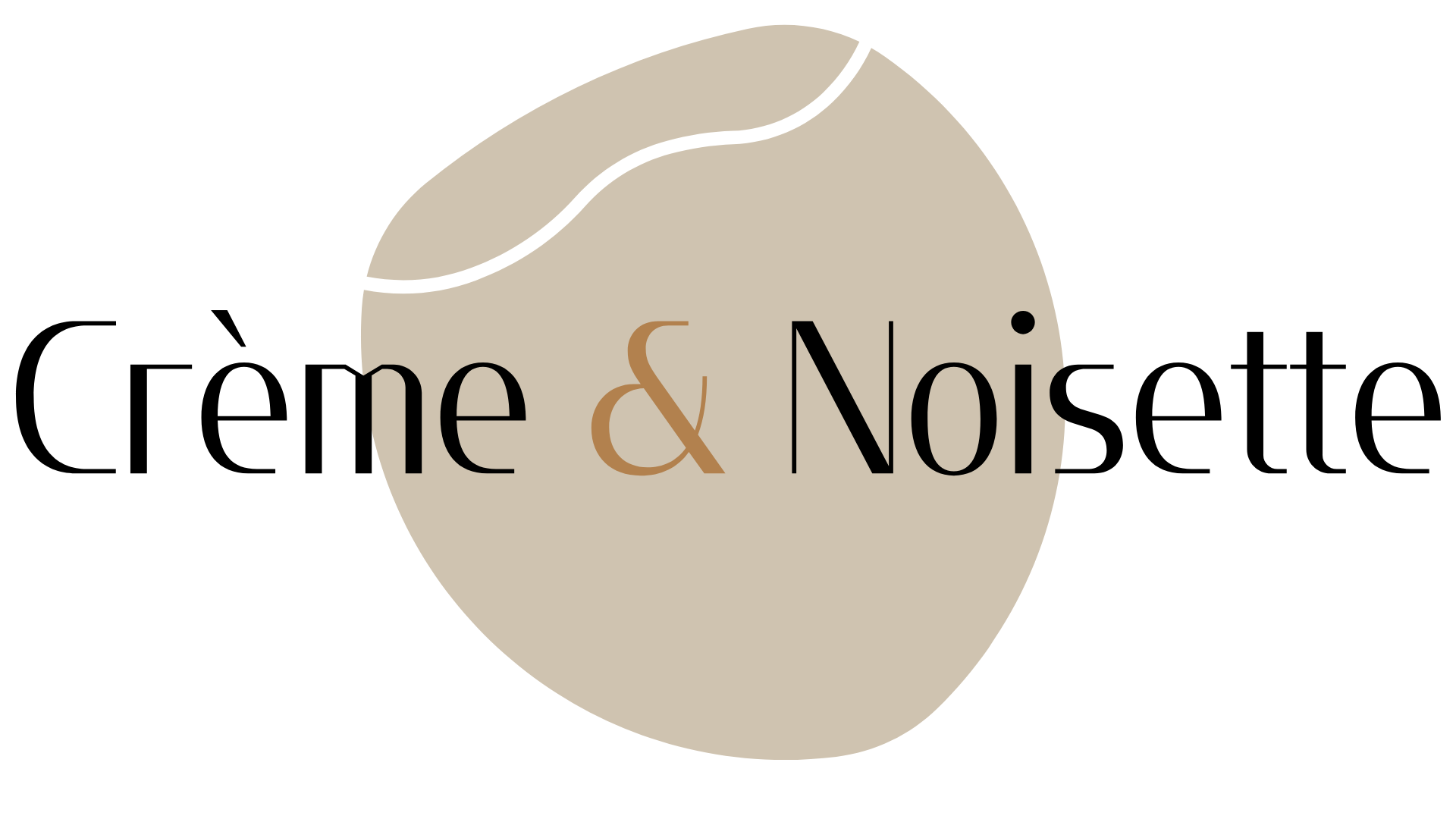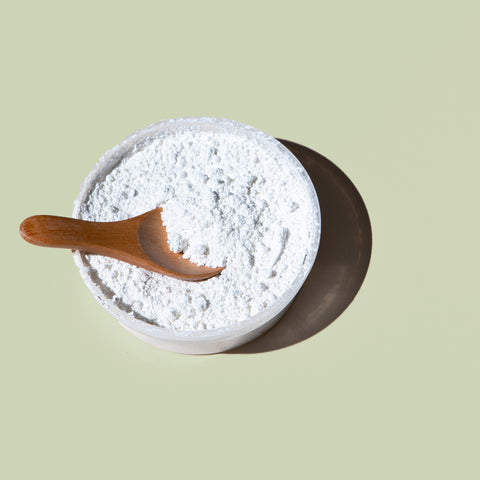Antioxidants are often touted as health heroes, but how much do you really know about them ? In this article, we will explore in depth the role of antioxidants in our body, their different types, their dietary sources, and the scientific evidence for their health benefits. Prepare to be enlightened on one of the most important topics in nutrition and wellness.
Antioxidants are molecules that neutralize free radicals, highly reactive substances produced during the body's normal metabolism and exposed to environmental factors such as pollution, UV rays and toxins. Recently, much research has been devoted to the chemistry of free radicals. There is undeniable evidence that free radicals are responsible for oxidative damage of biomolecules such as proteins, lipids or nucleic acids in the structures of cell nuclei and molecular membranes. Maintaining the balance between free radicals and antioxidants is a prerequisite for staying healthy. Thus, the control of oxidative stress processes may prove fundamental in both the prevention and treatment of many diseases, such as diabetes, atherosclerosis, coronary heart disease, cancer, inflammation, heart disease. liver, cardiovascular diseases, cataracts, nephrotoxicity and neurodegenerative processes that accompany aging. In order to maintain redox homeostasis, excess free radicals are neutralized by enzymes and non-enzymatic antioxidants which, with the exception of a few produced by the human body, such as glutathione, uric acid and uricinol, must be provided through food.
Types of Antioxidants
-
Vitamins : Vitamins A, C, and E are among the best-known antioxidants. Vitamin C, for example, is water soluble and found in many fruits and vegetables, while vitamin E is fat soluble and found primarily in nuts, seeds, and vegetable oils.
-
Minerals : Zinc, selenium and manganese are essential minerals that also act as antioxidants in the body. They are often present in foods of plant and animal origin.
-
Phytonutrients : Phytonutrients are bioactive compounds found in plants that have beneficial effects on health. They include flavonoids, carotenoids, polyphenols and other plant compounds with antioxidant properties.
Health Benefits of Antioxidants
-
Protection against cardiovascular disease : Antioxidants help reduce the oxidation of LDL cholesterol ("bad cholesterol"), which can reduce the risk of plaque formation in the arteries and prevent cardiovascular disease.
-
Immune system support : Antioxidants like vitamin C and zinc strengthen the immune system by stimulating the production of white blood cells and protecting cells from damage.
-
Anti-inflammatory effect : Certain antioxidants, such as flavonoids and polyphenols, have anti-inflammatory properties that can help reduce chronic inflammation in the body, a risk factor for many diseases.
-
Protection against premature aging : Antioxidants neutralize free radicals that damage skin cells, helping to prevent wrinkles, age spots and other signs of premature aging.
Foods rich in antioxidants
To maximize the benefits of antioxidants, it is essential to include a variety of foods rich in these valuable compounds in your diet. Here are some examples :
- Colorful fruits and vegetables like berries, citrus fruits, spinach, carrots and peppers.
- Nuts and seeds like almonds, cashews, sunflower seeds and pumpkin seeds.
- Green tea, rich in catechins, a type of polyphenol with powerful antioxidant properties.
- Spices and herbs like turmeric, ginger, rosemary and cinnamon.
Antioxidants play a crucial role in protecting our bodies from damage caused by free radicals, thereby contributing to our overall health and well-being. By including a variety of antioxidant-rich foods in our daily diet, we can strengthen our immune systems, reduce the risk of chronic diseases, and promote healthy skin and healthy aging. So, don’t hesitate to treat yourself to these colorful and nutritious foods to take full advantage of the benefits of antioxidants!



